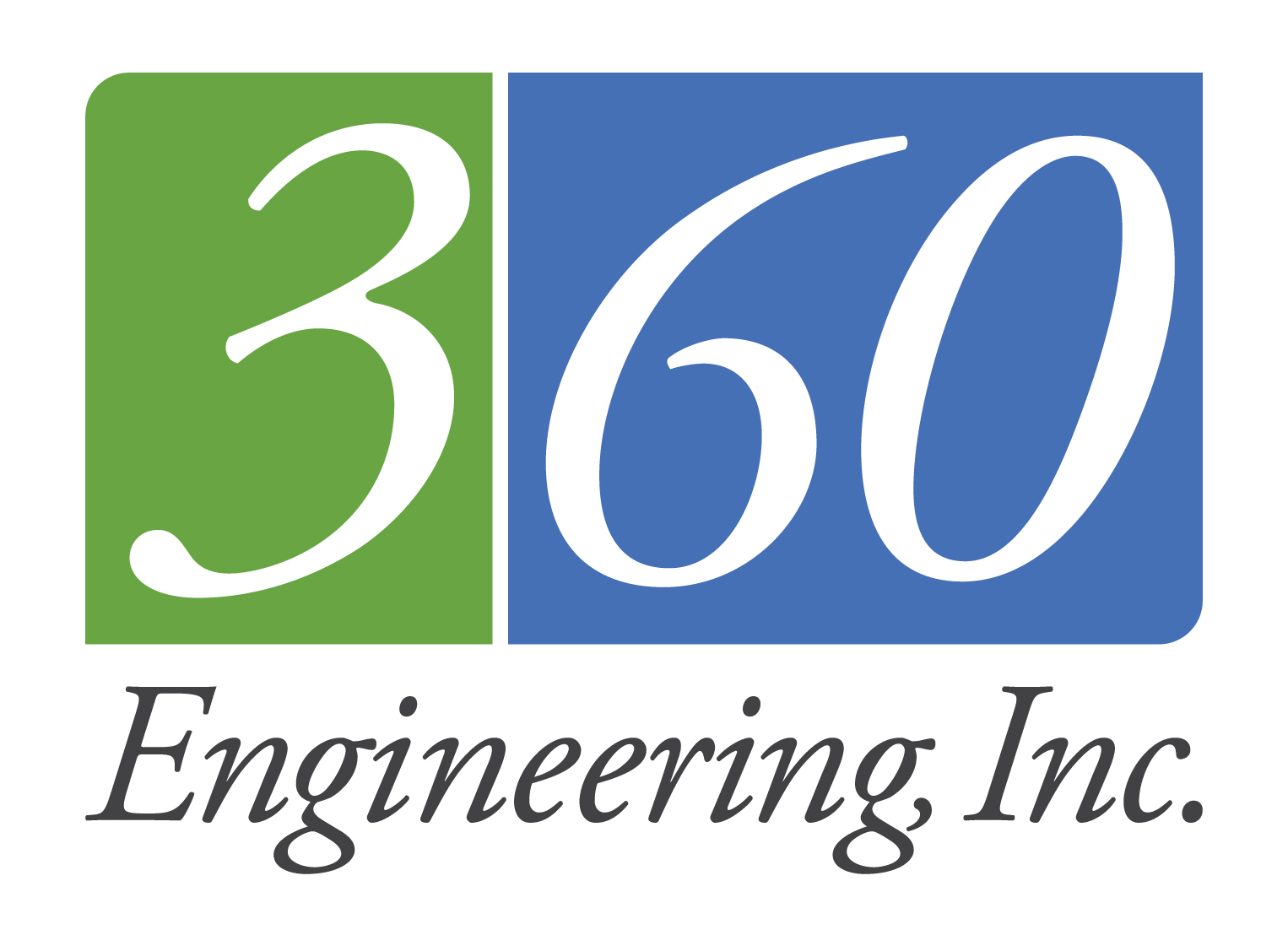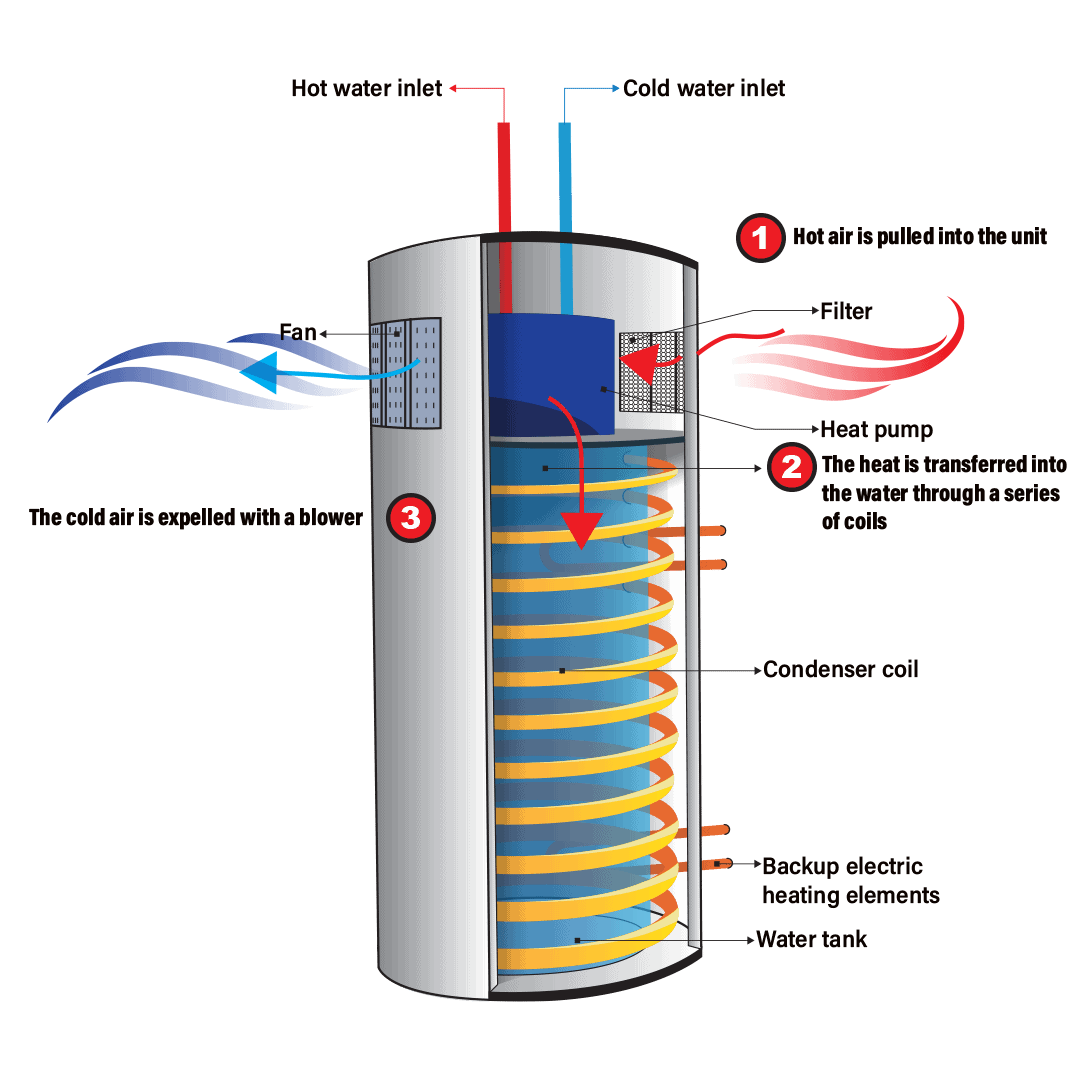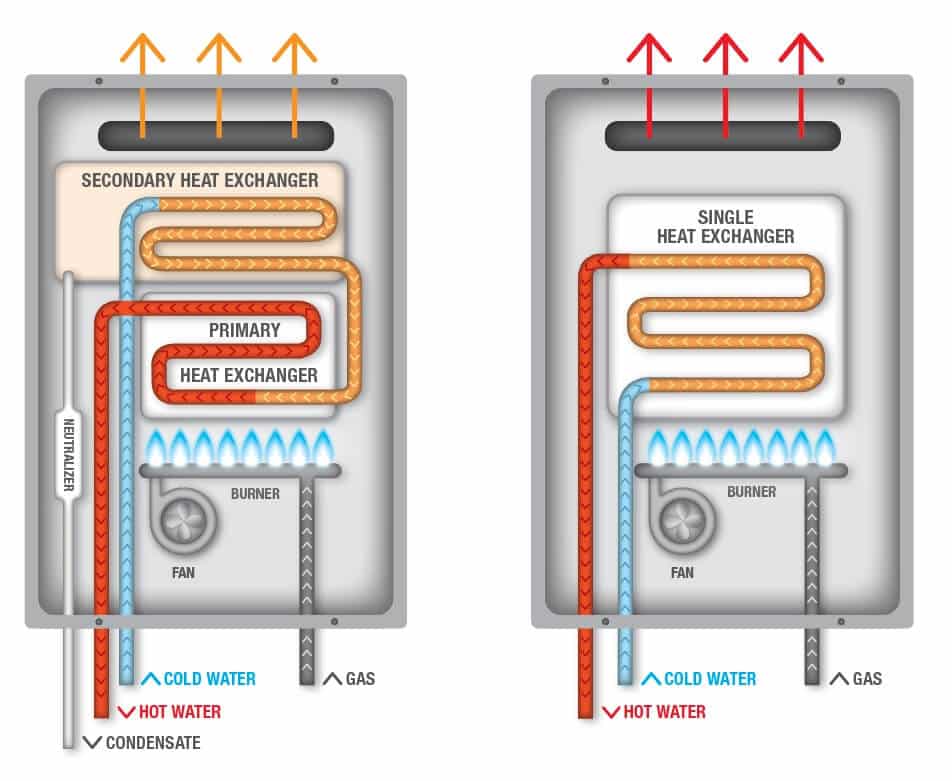When it comes to commercial water heaters, building owners and tenants have several options to choose from, each with its own set of advantages and disadvantages. As plumbing engineers, we know that understanding these options is crucial for recommending the best solutions to our clients. In this blog post, we’ll explore the different types of commercial water heaters, including electric resistance, heat pump, gas-fired, and the differences between tankless and storage tank types. We’ll also touch on the Denver Energy Code changes and restrictions related to service water heating. Our goal is to help everyone “feel the heat” this Valentine’s Day!
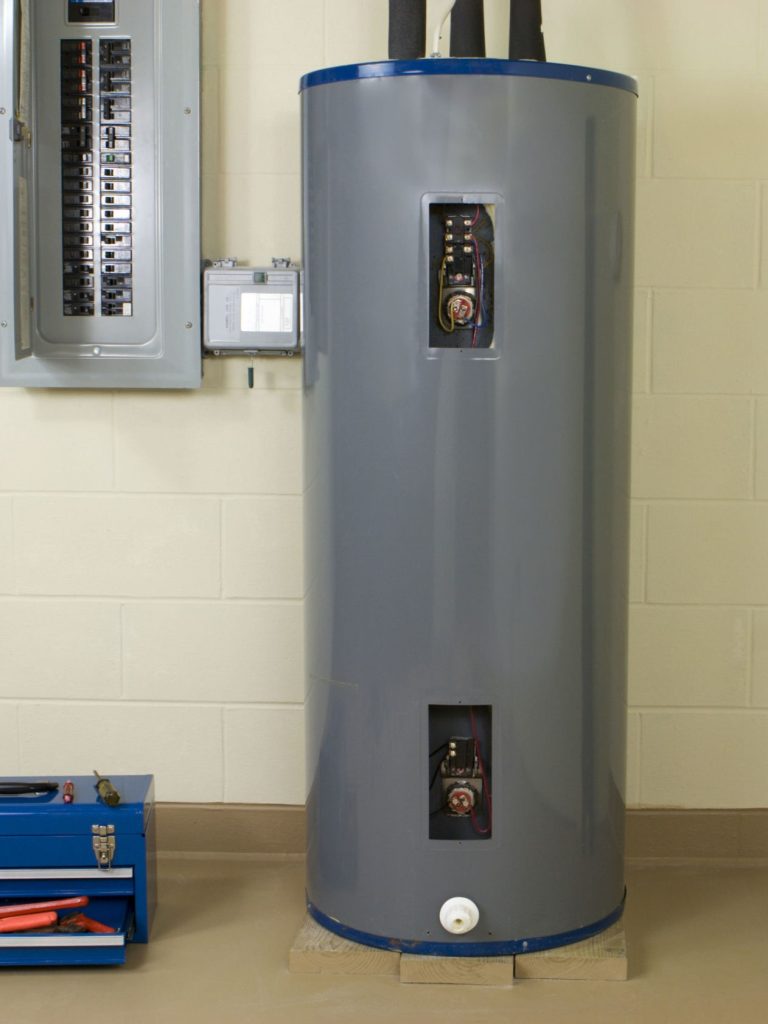
Electric Resistance Water Heaters
Electric resistance water heaters are commonly used in many settings, especially for tenant spaces with relatively small fixture hot water loads or in areas without natural gas or propane readily available. They work by using electric resistance heating elements to conduct heat to the water stored in a tank. These heaters are relatively simple to install and maintain, making them a popular choice for many owners.
Pros:
- Easy to install and maintain
- Widely available
- Can be installed in various locations (no venting to the exterior required)
Cons:
- Slower recovery rate compared to gas-fired water heaters
- Higher operating costs compared to gas-fired or heat pump water heaters
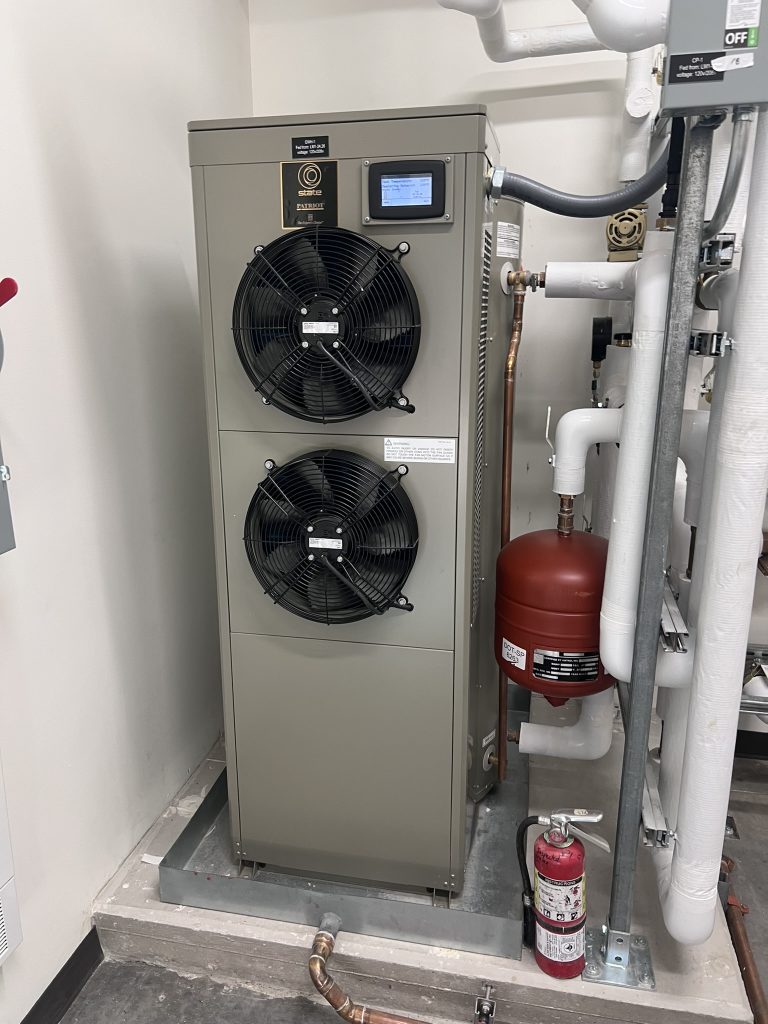
Heat Pump Water Heaters
Heat pump water heaters are an energy-efficient alternative to traditional electric resistance heaters. They work by transferring heat from the surrounding air to the water, using a refrigeration cycle. This process makes them significantly more efficient, as they use less electricity to heat the same amount of water—it’s generally more efficient to move energy from one medium to another rather than “create” it by burning gas or heating up resistor.
Pros:
- Highly energy-efficient
- Lower operating costs
- Environmentally friendly
Cons:
- Performance can be affected by ambient temperature
- Higher upfront cost
- Requires a well-ventilated space, or potentially outdoor space for the condenser
- For split systems with outdoor condensers, requires water piping to run outside—which creates additional design requirements for freeze protection
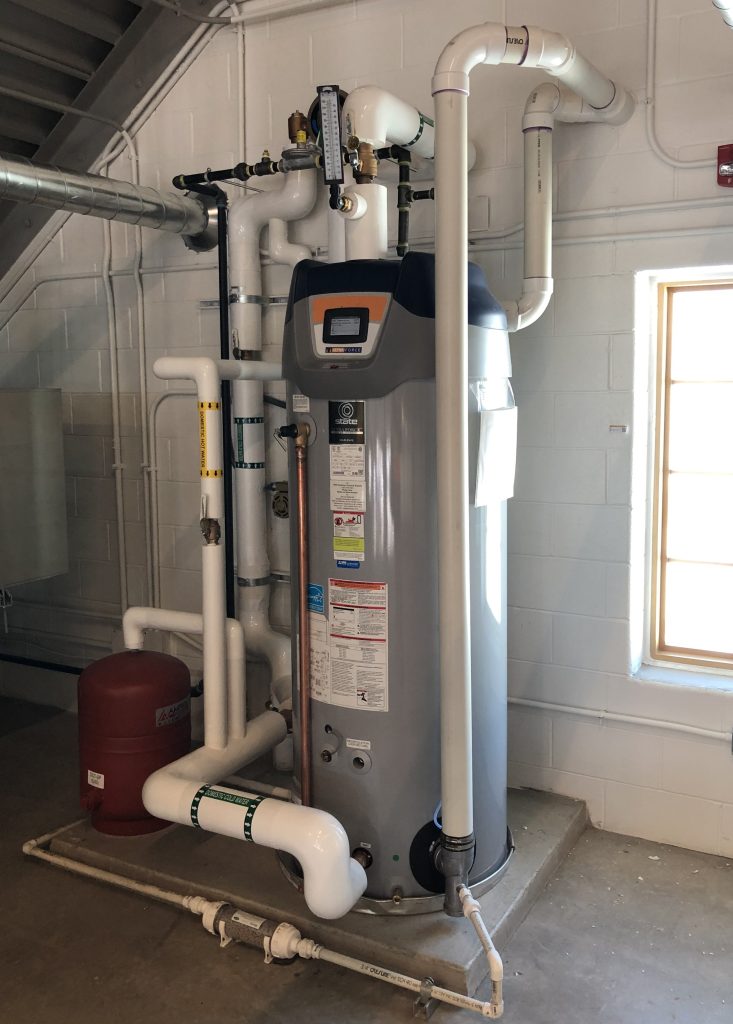
Gas-Fired Water Heaters
Gas-fired water heaters use natural gas or propane to heat the water. They are known for their fast recovery rates and lower operating costs compared to electric resistance heaters (until electricity and gas prices start to coincide). These heaters are a popular choice in areas where natural gas is readily available.
Pros:
- Lower operating costs
- Faster recovery rate
- Reliable performance
Cons:
- Potential for gas leaks
- Requires a gas line and proper ventilation (both combustion air intake and flue exhaust to the outside)
- Higher installation costs
Tankless vs. Storage Tank Water Heaters
Another significant decision to face is choosing between tankless and storage tank water heaters. Each type has its own set of benefits and drawbacks.
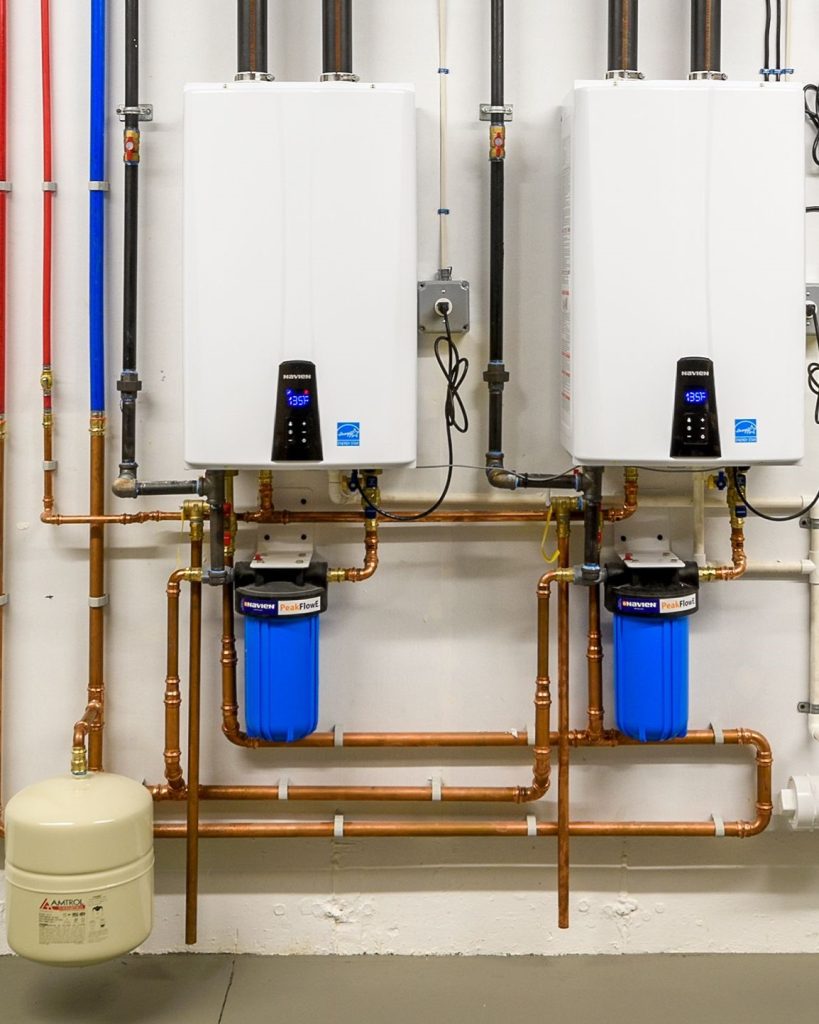
Storage Tank Water Heaters
These are the traditional water heaters with a large tank that stores hot water until it’s needed. They are available in various sizes, typically ranging from 10 to 120 gallons (though both larger and smaller options exist as well).
Pros:
- Lower upfront cost
- Simple and reliable
- Can provide hot water to a large quantity of fixtures simultaneously
Cons:
- Higher energy consumption due to standby heat loss
- Takes up more space
- Limited hot water supply, depending on the provided recovery rate (higher recovery rate equals higher energy usage)
Tankless Water Heaters
Tankless water heaters, also known as on-demand or “instantaneous” water heaters, heat water only when it’s needed. They do not store hot water, which eliminates standby heat loss.
Pros:
- Energy-efficient
- Endless hot water supply
- Compact size
Cons:
- Limited flow rate (the higher than required instantaneous hot water flow, the greater the energy required)
- Higher upfront cost
- May require upgrades to electrical or gas systems
Denver Energy Code Restrictions
The Denver Energy Code has specific restrictions on the types of water heaters that can be installed in new and existing commercial buildings. As of March 1, 2023, the code requires partial electrification for all existing commercial and multifamily buildings when replacing gas-fired space and water heating equipment1. This means that gas-fired water heaters are being phased out in favor of more energy-efficient options like electric heat pump water heaters2.
For commercial buildings, the Denver Energy Code also encourages the use of electric heat pump water heaters and restricts the installation of new gas-fired water heaters3. These changes are part of Denver’s broader efforts to reduce carbon emissions and promote sustainable building practices.
Valentine’s Day Jokes
And because you asked for it, here are some Valentine-themed jokes to help everyone feel the heat (or maybe just make us plumbing engineers chuckle):
- What did the tankless water heater say to its Valentine? “With you, I never run out of love!”
- Why did the electric water heater break up with its partner? It just couldn’t handle the constant resistance!
- What did the water heater say to its crush on Valentine’s Day? “You make me feel like my T&P valve is about to go off!”
Conclusion
Choosing the right water heater for a commercial building involves considering various factors, including energy efficiency, operating costs, and installation requirements. Electric resistance, heat pump, gas-fired, storage, and tankless water heaters each have their own advantages and disadvantages. Understanding these options and the local energy code restrictions can help businesses make informed decisions.
Whether you’re a business owner, plumber, or engineer, understanding the intricacies of water heaters is key to ensuring a comfortable working environment—just like keeping the warmth alive in your Valentine’s heart!
1: Building Code Changes for Existing Buildings – City and County of Denver – https://www.denvergov.org/Government/Agencies-Departments-Offices/Agencies-Departments-Offices-Directory/Climate-Action-Sustainability-and-Resiliency/Cutting-Denvers-Carbon-Pollution/Efficient-Commercial-Buildings/Denver-Building-Regulations/Denver-Energy-Code-for-Existing-Buildings/Building-Code-Changes-for-Existing-Buildings
2: 2022 Denver Energy Code Fact Sheet Electrification for Service Water Heating – https://www.denvergov.org/files/assets/public/v/1/climate-action/documents/hpbh/nze/2022-denver-energy-code-fact-sheets-c-electrification-for-service-water-heating.pdf
3: Denver Energy Code Requirements for Existing Buildings – https://www.denvergov.org/Government/Agencies-Departments-Offices/Agencies-Departments-Offices-Directory/Climate-Action-Sustainability-and-Resiliency/Cutting-Denvers-Carbon-Pollution/Efficient-Commercial-Buildings/Denver-Building-Regulations/Denver-Energy-Code-for-Existing-Buildings
